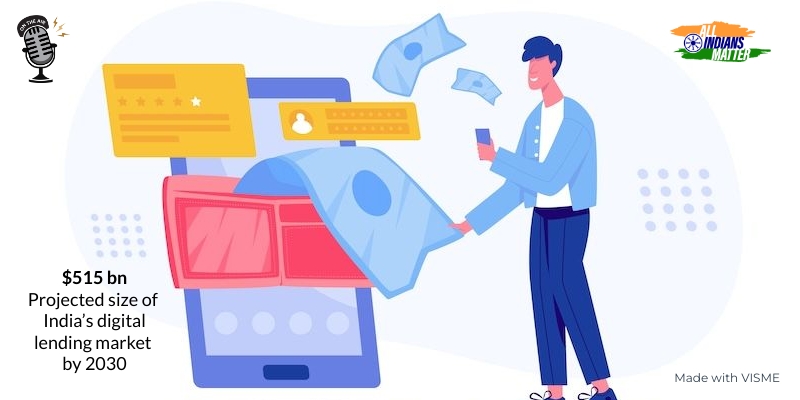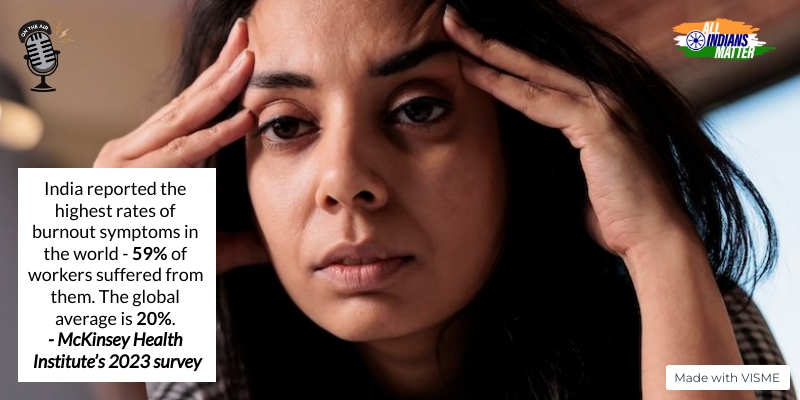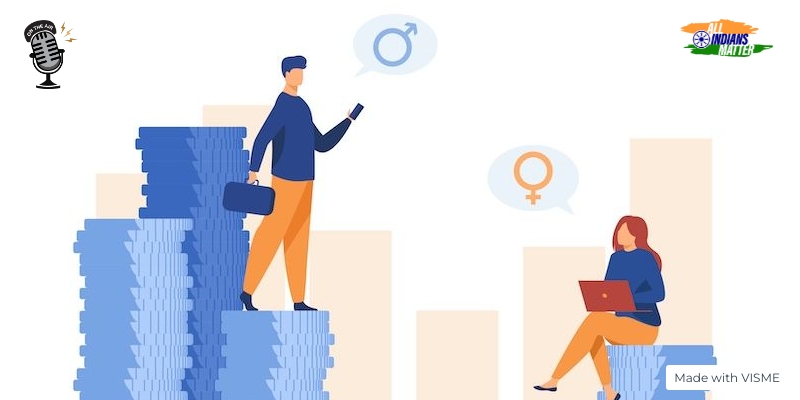Ashraf Engineer
March 13, 2021
 Hello and welcome to All Indians Matter. I am Ashraf Engineer
Hello and welcome to All Indians Matter. I am Ashraf Engineer
Recently, India auctioned telecom spectrum to service providers after a gap of five years. The sale netted far less than expected for the government treasury because only a portion of the total spectrum up for sale was actually bought. There were only three bidders – Reliance Jio, Airtel and Vodafone, with the first two getting the lion’s share. What does all this mean for you, the consumer?
SIGNATURE TUNE
The auction offered telcos spectrum across seven bands valued at Rs 3.92 lakh crore. In the end, only Rs 77,800 crore worth was sold. The government tried to put a good spin on it by saying even that sum exceeded expectations, but the fact is that it managed to get only 19% of the anticipated revenue and only 37% of the total spectrum was sold.
Jio was by far the major purchaser with a spend of Rs 57,123 crore, followed by Airtel with Rs 18,699 crore and Vodafone Idea a distant third with Rs 1,993 crore.
It must be noted that this was 4G spectrum, not the much-awaited 5G spectrum, that was sold. But, Jio and Airtel both have spectrum in the sub-GHz band which can be used for 5G services. Significantly, both said they’re ready for 5G.
It is generally believed that the new spectrum will improve network coverage and quality. Jio has the edge because it has only 4G subscribers. This an advantage because Airtel and Vodafone Idea still have subscribers on their old 2G and 3G networks, which they need to maintain in order to service those customers. This is a cost that Jio doesn’t need to bear and 4G is, naturally, a more profitable service. As of now, 4G penetration is only 50% to 55% in India, so there’s a lot of room for growth.
So, what does all this mean for customers?
First, it will almost certainly result in great offers by Airtel and Vodafone Idea for 2G and 3G users to switch to 4G. Switching them over will help both service providers lower the cost of operations as they would then have to maintain only one network instead of three.
So, expect plans that are hard to resist. When the inevitable switch happens, it would boost their average revenue per user since 4G plans are more lucrative.
For those who do switch to 4G, it would mean higher bills but they’re likely to accept this as an essential need.
Let’s look at existing 4G users now. For them, the most significant benefit would be an improvement in the quality of service. Jio and Airtel picked up spectrum in the sub-GHz band and 2,300 MHz specifically to improve coverage and expand capacity. So, expect fewer call drops and better surfing speeds.
All of this is great news. But, there’s a concern too.
There is a fear that India’s telecom landscape will soon be carved up between two players only – Jio and Airtel. Vodafone Idea has been struggling for quite a while and it’s meagre spectrum purchase doesn’t inspire confidence.
As I said earlier, the spectrum Jio and Airtel already own can be used for 5G. So, they’re ready to start testing the service. Vodafone’s financial woes don’t give it that luxury.
Given how the spectrum auction went, and with 5G not too far away, Jio and Airtel would gain even more marketshare – effectively creating a duopoly.
That’s not good news for consumers because it limits choice and lowers competition, thus allowing just two companies to own the airwaves and even control rates. The thing to watch now is whether telecom will be a vibrant, multi-player market that benefits consumers or one in which only a couple of companies – not you – call the shots.
Thank you for listening. Please visit allindiansmatter.in for more columns and audio podcasts. You can follow me on Twitter at @AshrafEngineer and @AllIndiansCount. Search for the All Indians Matter page on Facebook. On Instagram, the handle is @AllIndiansMatter. Mail me at editor@www.allindiansmatter.in. Catch you again soon.






